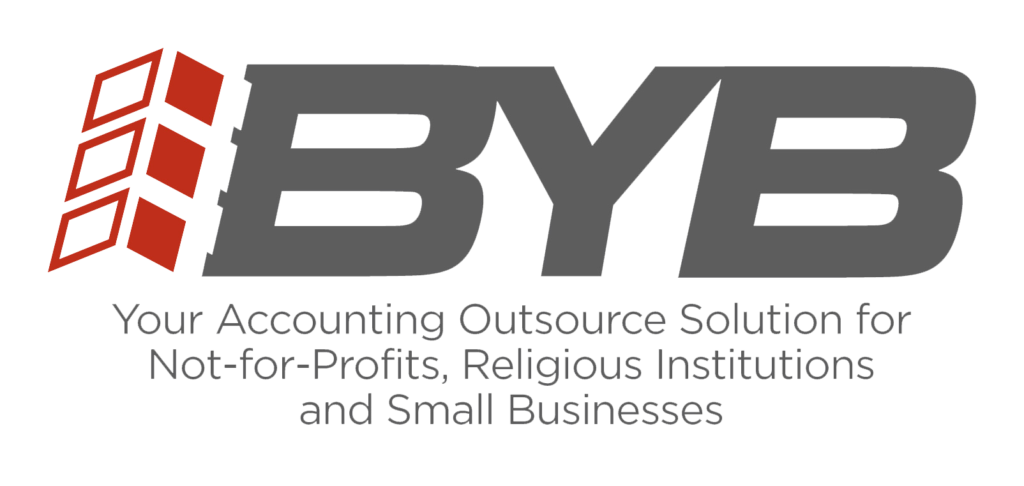|
Minimum Wage Act (General Employment)
The General Industry Minimum Wage Act states that employers must pay all employees in New York State, including most domestic workers, at least $9.00 per hour as of December 31, 2015.
Certain requirements set under regulations known as “wage orders” may modify the basic rate.
Wage orders are provisions of the minimum wage law that cover jobs in:
- The hospitality and building service industry
- Miscellaneous industries and occupations
- Farming
They set an hourly rate plus overtime and allowances in four General Industry Wage Orders, based on meals and lodging supplied by an employer.
Some industries make allowances for tips; thus they set a lower hourly rate. For example, as of December 31, 2015, food service workers may earn $7.50 per hour if they earn $1.50 per hour in tips. Other service workers have a minimum rate of $7.65 or $6.80 per hour, depending on the amount of tips earned per hour.
You can get these Documents, Forms and Publications at:
NYS Department of Labor |




